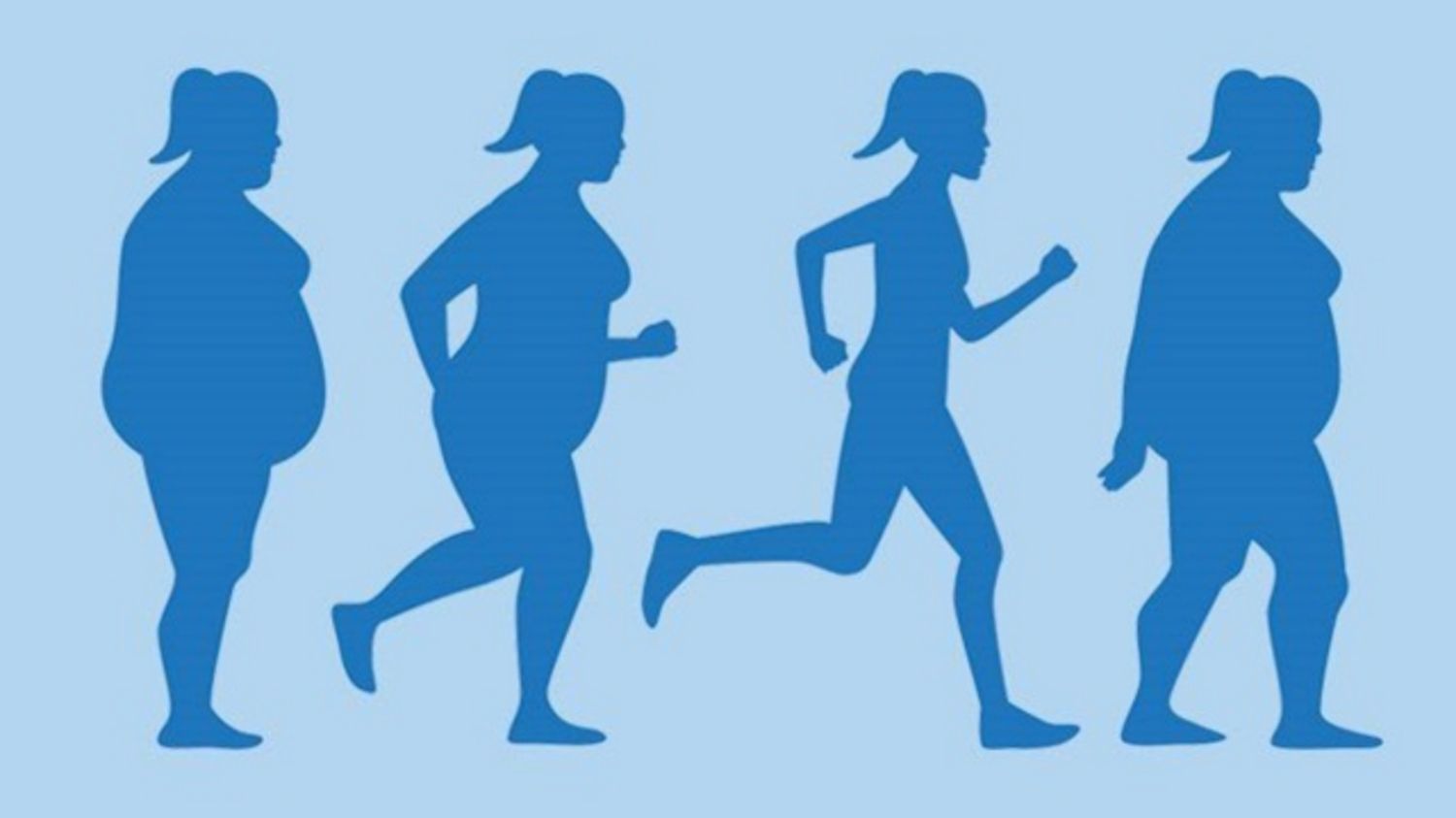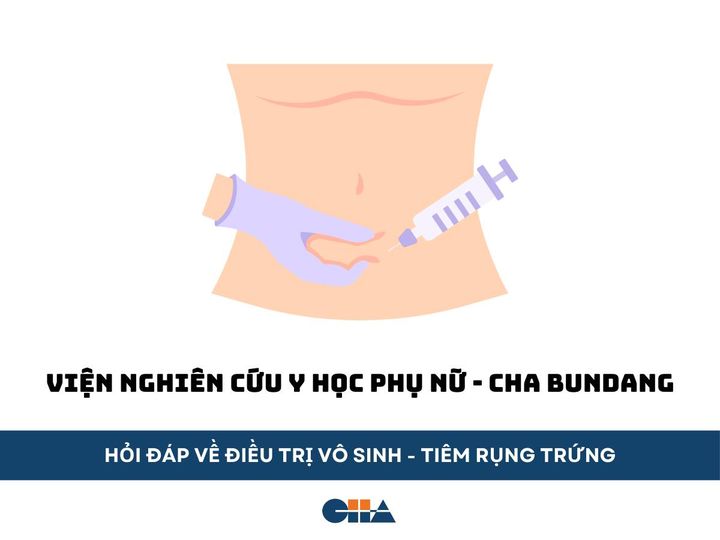When to Use Medication or Injections for Obesity Treatment
Obesity can shorten human lifespan in the long term and requires treatment. Medications for obesity can be prescribed if the body mass index (BMI) is 30 or higher in the absence of comorbidities, or 27 or higher if there are additional health issues. It is advisable to consult a doctor about taking weight loss medications if controlling appetite is difficult or if weight loss is necessary for various health reasons.
**Note: When using weight loss medications, it is important to continue taking medications for managing chronic conditions, such as high blood pressure, and not to stop these medications immediately after achieving weight loss.
 Is it okay to just take medicine or do I have to combine exercise and diet?
Is it okay to just take medicine or do I have to combine exercise and diet?
Even if you take weight loss pills, you still have to adhere to your exercise lifestyle and adjust your diet. When taking weight loss pills, your appetite is suppressed so you will eat less, but if you do not exercise, you will lose muscle mass, leading to a decrease in basal metabolic rate. This is the main cause of the yo-yo effect in the future. If you stop taking obesity medication and start eating again while your basal metabolic rate is decreasing, you will quickly gain weight again, mainly from fat and not muscle, making weight loss even more difficult. than before.
 Is bariatric surgery necessary?
Is bariatric surgery necessary?
Bariatric surgery is a surgical procedure aimed at restricting the size of the stomach or creating a bypass from the stomach to the small intestine to treat severe obesity and its related complications. In cases of severe obesity that require treatment, surgical intervention is recommended, as diet, exercise, and medication alone may not lead to the desired weight loss.
Individuals eligible for bariatric surgery treatment based on insurance criteria (for Koreans) are those with a body mass index (BMI) of 35 or higher, classified as obesity level 3, or those with a BMI of 30 or higher who also have accompanying conditions such as hypertension, diabetes, or arthritis. Surgery is also performed on patients who have been unable to lose weight despite sufficient exercise and dietary control.
Due to its relatively low risk of causing the yo-yo effect, this surgery may be more effective than weight loss medication for patients with severe obesity and very high BMI. Studies have shown that it can lead to significantly greater weight loss compared to lifestyle changes or medication treatment, potentially extending the patient’s lifespan and being beneficial in treating metabolic diseases associated with obesity.
 If you really want to diet successfully, what goals should you set?
If you really want to diet successfully, what goals should you set?
If you want to lose weight, you need to set realistic goals and stick to actions that are easy to implement. For example, when it comes to dietary control, instead of cutting out many types of food at once, you should monitor your daily eating habits and decide to gradually change one weight-gaining habit at a time. When you choose to give up a bad habit, such as drinking alcohol, snacking, or eating late at night, your body will naturally form a new habit. In this case, the chances of successfully losing weight will be higher if you continue to implement and refine the next goals step by step.
Regarding exercise, it is not necessary to start with a specific weight-loss workout. Instead, focus on being more active in your daily life.
If you have questions about weight loss, or need advice about bariatric surgery, connect with us for a FREE telemedicine consultation.
Register to schedule a remote examination at: https://forms.gle/QAGbL7vETFbz3TMF8








